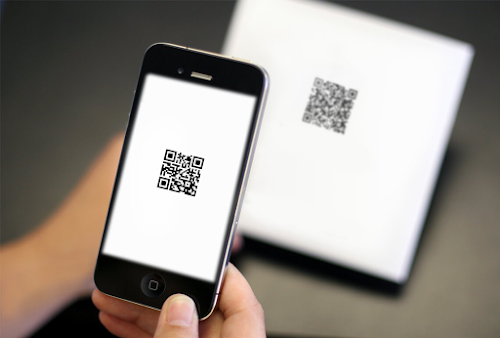We always have a question on our minds as to what will
happen if we don't shut down our computer properly? Should I put the laptop on
sleep mode? Should I Hibernate my PC?So today in this article let's answer
these questions.
Some people leave their computers running 24/7, while others
shut down computers the moment they step away. Laptop computers require you to
be power conscious about your habits, especially when running on battery. Each
option has its advantages and disadvantages, so let’s take a deeper look at
them.
Shut Down Vs Sleep Vs Hibernate
Each of these functions switches off the laptop screen but
they work quite differently
Shutdown:-This is the power-off state most of us are
familiar with. When you shut down your PC, all your open programs close and the
PC shuts down your operating system. A PC that’s shut down uses almost no
power. However, when you want to use your PC again, you’ll have to turn it on
and go through the typical boot-up process, waiting for your hardware to
initialize and startup programs to load. Depending on your system, this can
take anywhere from a few seconds to a few minutes.
Sleep Mode:-In sleep mode, the PC enters a low-power state.
The PC’s state is kept in memory, but other parts of the PC are shut down and
won’t use any power. When you turn on the PC, it snaps back to life quickly—you
won’t have to wait for it to boot up. Everything will be right where you left
off, including running apps and open documents.
Hibernate:-Your PC saves its current state to your hard
drive, essentially dumping the contents of its memory to a file. When you boot
up the PC, it loads the previous state from your hard drive back to memory.
This allows you to save your computer’s state, including all your open programs
and data, and come back to it later. It takes longer to resume from hibernate
than sleep, but hibernate uses much less power than sleep. A computer that’s
hibernating uses about the same amount of power as a computer that’s shut down.
When Should you put Laptop or Computer on Sleep Mode?
Sleep is particularly useful if you’re stepping away from
your laptop for a small amount of time. You can put your PC to sleep to save
electricity and battery power. When you need to use your PC again, you can
resume from where you left off in just a few seconds. Your computer will always
be ready to use when you need it. Sleep isn’t so good if you’re planning to be
away from the PC for extended periods, as the battery will eventually run down.
When Should you Hibernate your Laptop or Computer?
Hibernate saves more power than sleep. If you won’t be using
your PC for a while—say, if you’re going to sleep for the night—you may want to
hibernate your computer to save electricity and battery power. Hibernate is
slower to resume from than sleep. If you’re hibernating or shutting down your
PC every time you step away from it throughout the day, you may be wasting
a lot of time waiting for it.
When Should You Shutdown?
Most computers will resume from hibernate faster than from a
full shut down state, so you’re probably better off hibernating your laptop
instead of shutting it down. However, some PCs or software may not work
properly when resuming from hibernate, in which case you’ll want to shut down
your computer instead. It’s also a good idea to shut down (or at least restart)
your PC occasionally. Most Windows users have noticed that Windows needs an
occasional reboot. But most of the time, hibernate should be just fine.
What Happens if you don't Shutdown Your Laptop Properly?
We casually decide to shut down the computer by pressing the
power button for some seconds or by pulling the plug. Whereas sometimes our
computer freezes and when there is no response, we have no choice but to shut
down the system forcibly. But following these practices could be dangerous for
your data. When you abruptly turn off the system, the files that the
system has been writing may be incomplete resulting in loss of data. This
happens because you didn't allow the system to complete the process. Even if
the writing is being done to the registry, the data loss may occur. The files
could get corrupt leading to loss of your valuable data. All those unsaved
data and programs can lead to data corruption. Sometimes the PC cannot access
the data which is affected by force shut down, and it may even cause problems
to the data that was already written on the hard disk. The files can become
wholly unusable or behave incorrectly. Even the files present in the cache can
get damaged or corrupted. Another reason behind people forcibly shutting
down their PCs is system updates. But if the user does this, then there are
chances of the system facing issues while booting due to incomplete registry
files or corrupted system files.
Shutting down PC forcibly can result in severe data loss and
corruption which can make you reinstall the operating system again. So, it is
better to turn off the system as per the standard procedure even if it takes
some time.
Stay Tuned For More Updates & Allow Notifications To get Notified Whenever I Post a New Update






Comments
Post a Comment